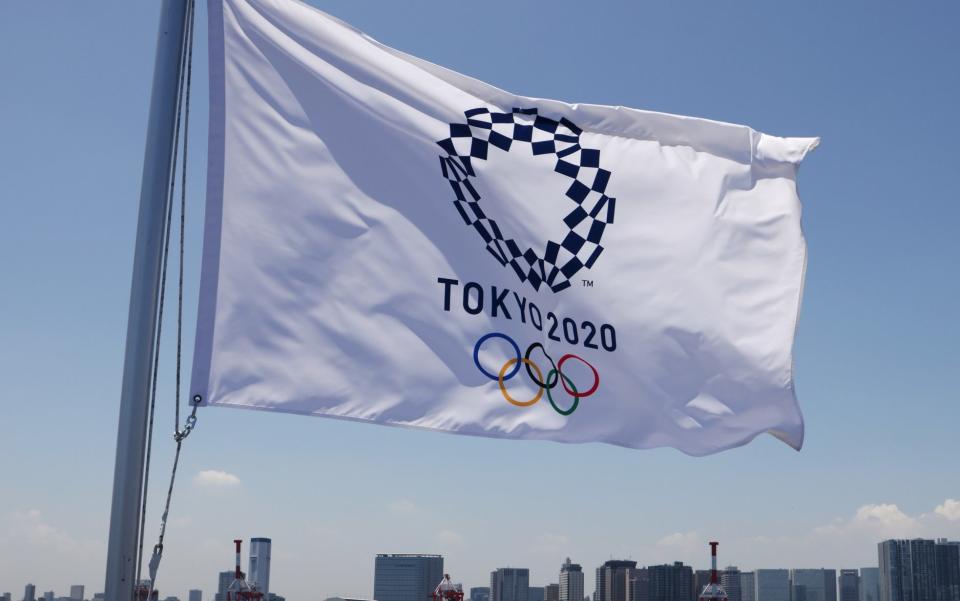23 Chinese swimmers failed drug tests before Tokyo Olympics and still competed

The World Anti-Doping Agency (Wada) has confirmed that 23 Chinese swimmers tested positive for a banned drug before the 2020 Tokyo Olympics, but accepted the country’s findings that this was due to substance contamination.
Multiple media reports said the swimmers tested positive for trimetazidine (TMZ), which is found in heart medication, months before the Covid-delayed Games began in July 2021.
Wada said it was notified in June 2021 of China Anti-Doping Agency’s (Chinada) decision to accept that the swimmers returned adverse analytical findings (AAFs) after inadvertently being exposed to the drug through contamination.
The world anti-doping body, which has the authority to appeal the rulings of national doping agencies, said it reviewed the decision and consulted scientific experts and external legal counsel to test the contamination theory presented by Chinada.
“Wada ultimately concluded that it was not in a position to disprove the possibility that contamination was the source of TMZ and it was compatible with the analytical data in the file,” the anti-doping body said in a statement.
“Wada also concluded that ... the athletes would be held to have no fault or negligence. As such, and based on the advice of external counsel, Wada considered an appeal was not warranted.”
Chinada said in a statement to the New York Times that its athletes had not violated any anti-doping laws and it was not obliged to publish any details without the consent of the athlete. There was no response to Telegraph Sport’s request for comment.
The British three-time Olympic champion Adam Peaty was among those to hit out at Wada, claiming the failure to announce the findings at the time was “so disappointing”.
“Why not release this information at the time, who really benefits from the lack of transparency and secrecy?” Peaty said on social media on Saturday. “What happened to strict liability? Whether someone benefits or not, surely at this scale it proves it’s systematic?
“So disappointing from Wada.”
China’s 30-member swimming team won six medals at the Tokyo Games, including three golds.

Without mitigating circumstances, athletes who fail doping tests are usually subject to bans of two to four years for a first offence and life for a second.
World Aquatics, the sport’s global body formerly known as Fina, said it was confident the positive tests were handled “diligently and professionally.”
“With regard to the AAFs ... they were carefully considered by the Fina doping control review board,” it added. “Materials relating to the source of the AAFs were subject to independent expert scrutiny retained by Fina.
“World Aquatics is confident that these AAFs were handled diligently and professionally, and in accordance with applicable anti-doping regulations, including the Wada code.”
News of the AAFs could lead to tighter scrutiny of China before this year’s Paris Olympics, where the country is expected to contend for medals alongside powerhouses the United States and Australia.
One of the most high-profile cases involving TMZ is that of China’s Olympic gold medallist Sun Yang, who was suspended for three months in 2014 after testing positive for the drug. Sun said he was prescribed the drug to treat chest pain.
He is currently serving a separate doping ban.

